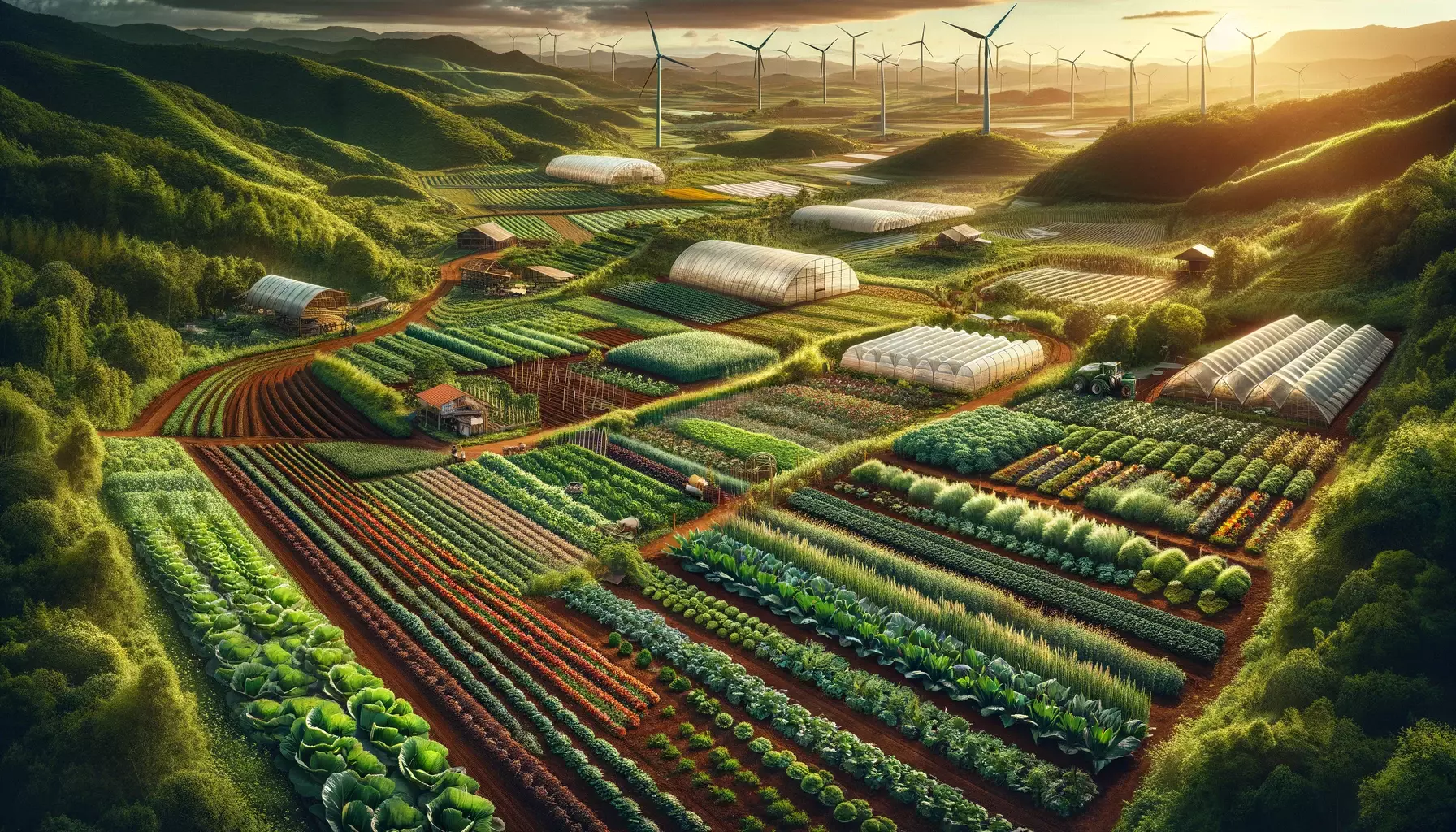The Urgent Need for Sustainable Agriculture
The agricultural sector has long faced calls for drastic reform to become more sustainable. Despite small steps forward, its current state is largely unsustainable, posing significant challenges for both humanity and the environment.
The Limited Reach of Organic Farming
Beginning in the 1990s, organic agriculture gained popularity but still occupies a minor portion of farmland in developed countries. For instance, in the United States, only about 2% of approximately 234 million acres of farmed land is certified organic. Even though organic food sales account for about 4% of total U.S. food sales, the impact remains modest.
Exploring Alternative Agricultural Methods
Alternative agriculture presents a diverse array of methods that challenge the heavy reliance on fertilizers, pesticides, and water seen in industrial agriculture. Techniques like agroecology, aquaponics, and biodynamic farming, among others, emphasize precision and harmony with natural cycles, contrasting the often excessive resource use of conventional methods.
Redefining “Conventional” Farming
The term “conventional” in agriculture is debatable. As highlighted by a former New York Times columnist, traditional peasant farming, which contributes to the majority of the world’s food supply, is arguably more conventional compared to the resource-intensive practices of industrial agriculture, which are increasingly seen as unconventional and unsustainable.
The Promise of Regenerative Agriculture
Addressing global food needs requires more than incremental improvements in farming; it calls for a shift towards regenerative agriculture. This approach not only minimizes environmental harm but actively restores ecosystems. Pioneered by Robert Rodale, this concept emphasizes the renewal of resources and is increasingly seen as essential for sustainable agriculture.
Technological Advancements and Big Food’s Role
Technological developments and growing interest from major food companies are driving the adoption of more sustainable farming practices. Investments in agricultural technology have surged, and large corporations are integrating sustainability goals into their operations, recognizing the long-term necessity of preserving resources in a climate-constrained world.
Urban Agriculture and Soil Conservation
Urban agriculture is emerging as a significant sector, utilizing city spaces for food production. Companies like Freight Farms demonstrate the potential of urban farming through innovative methods like converting shipping containers into efficient growing spaces. Additionally, the conservation of soil, a critical resource, is gaining attention for its role in maintaining ecosystem health and ensuring future food security.
The Emergence of Carbon Farming
A new trend in agriculture, known as carbon farming, is gaining traction. This practice involves techniques that not only improve soil health but also capture atmospheric carbon, turning a former waste product into a valuable resource. Carbon-rich soils offer numerous benefits, including enhanced water retention and increased agricultural yields.
Embracing Regenerative Agriculture
Ultimately, the move towards regenerative agricultural practices offers a holistic solution. By improving soil health, increasing yields, conserving water, and capturing carbon, this approach presents a sustainable path forward for the agricultural sector, contributing significantly to environmental restoration and long-term food security.
